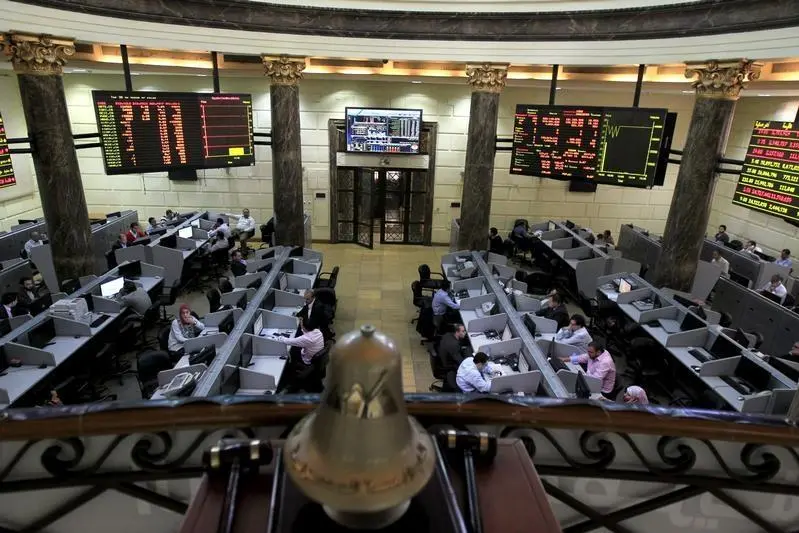PHOTO
Egypt’s main index gained in value by 1.67 percent during the month. The surge took place in late November, after the Central Bank removed caps on deposits and withdrawals of foreign currency for importers.
Sentiment in Egypt was also boosted by an announcement from Ibn Sina Pharmaceutical Industry, one of Egypt’s largest drug distributors, that it plans to offer nearly 40 percent of its shares in an initial public offering (IPO) in December.
This offer is seen as the first of many other IPO’s that could take place in Egypt in 2018, adding to trading volumes and attracting foreign investment.
A report published last month by law firm Baker McKenzie predicted that the global market for IPOs is set to climb from $187 billion this year to $290 billion in 2018.
"In the Middle East, economic reforms and privatisation plans of nations such as Saudi Arabia and Egypt are likely to drive a significant level of IPO activity in 2018,” Zahi Younes, a capital markets partner at Baker McKenzie's associated firm in Saudi Arabia, said in a press release accompanying the report.
While the Saudi market initially fell steeply in November following the corruption crackdown led by Crown Prince Mohammed bin Salman, it later rallied, finishing the month 1 percent higher.
Many observers see that this event would facilitate carrying out further economic reforms in the kingdom.
A Reuters poll of 13 leading fund managers conducted at the end of November showed participants are now more positive towards Saudi Arabia.
Forty-six percent of funds now expect to raise their allocations to the Saudi stock market in the next three months and none to reduce them, according to the poll.
One equities specialist who spoke to Zawya on condition of anonymity said: “The Saudi market was supported by the oil prices. But it was also boosted by artificial support in the key blue chips. It looks like state funds or vehicles supported heavyweight stocks to make sure that the index is stable to a certain extent,” he said.
Brent crude gained in value by 3.58 percent during the month.
In the UAE, markets fell sharply. The Dubai Financial Market (DFM) index dropped 5.93 percent in November while Abu Dhabi’s index fell by 4.39 percent
Marie Salem, director of capital markets at FFA Dubai, said: “November was full of great expectations yet market sentiment deteriorated in time with the long awaited Emaar Development listing on DFM.
“The listing price was set at 6.03 (UAE dirhams, equivalent to $1.64) yet the stock opened at 5.60 (UAE dirhams) and has been struggling to go back to the IPO level since then,” Salem added.
“However, given the pressure in the market, Emaar Development was subject to FTSE inclusion and the inflow resulting from that helped the stock trade higher in the last few days of the month, with expectations it would reach the IPO levels,” she added.
She said that Drake & Scull International’s (DSI) shares were also heavily traded, but added that most of the volumes changing hands were related to allocations made to entities linked to majority shareholder Tabarak Investments after restrictions on trading were lifted.
“DSI announced MSCI inclusion plans and since then the stock has been moving higher,” Salem said.
The equities specialist who spoke anonymously to Zawya said that many investors are anticipating new IPOs on UAE markets, which can have a negative effect in the short term.
“If investors are squeezed to generate cash to subscribe to the upcoming IPOs, they try to free up some liquidity and markets start to go down a little bit,” he said.
“In the long term, equities and capital markets definitely benefit with new listings. Bringing new members to the exchange and opening up the market to international investments improves the profile of the market, with the listing company gaining from tapping different sources of capital and better corporate governance,” he added. “But the timing of these IPOs will be key for them not to be weighed down by geopolitical worries.”
Elsewhere in the Gulf, Bahrain’s main index added 0.55 percent in value, while Kuwait’s main index declined by 4.87 percent.
© ZAWYA 2017




















